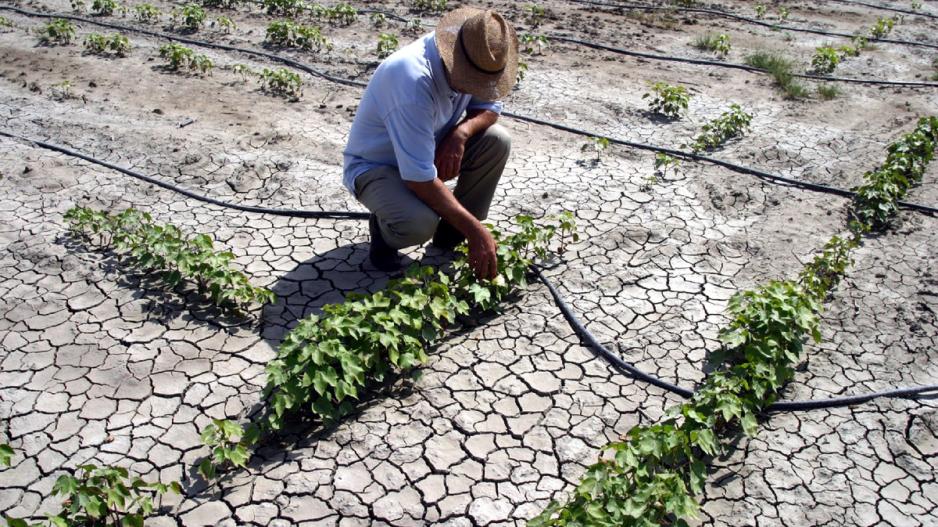Audit Office Warns of Severe Water Resource Challenges in Cyprus
Rising Temperatures, Desertification, and Poor Water Management Threaten Cyprus’s Water Security
The Audit Office of Cyprus has issued a stark warning regarding the country's water resources due to the dramatic effects of climate change. In its report published today, following extensive research in collaboration with the relevant authorities, the Audit Office highlights several alarming trends: an increase in the number of summer days, tropical nights, days with temperatures exceeding 40°C, and extreme weather events.
As Brief reports, except for the Troodos region, nearly all other areas in Cyprus are now considered vulnerable to desertification. The decrease in rainfall and the increase in evapotranspiration are intensifying the problem of extreme water scarcity.
The report also identifies specific issues, such as the absence of a unified pricing policy for water supply, very low cost recovery rates in irrigation, the lack of a shift towards less water-intensive crops, and significant water losses due to an aging distribution network.
Major problems also include the operation of desalination plants using conventional fuels, limited use of recycled water primarily due to infrastructure deficiencies, lack of connection of all communities to wastewater treatment plants, incomplete household connections to the sewage system, poor quality of recycled water, and inadequate control over water extraction permits and boreholes.
The Audit Office further notes that the slow pace of infrastructure projects, valued at €1.2 billion, the diversion of desalinated water from the Vasilikos desalination plant to the Southern Conveyor requiring reprocessing, the lack of unified dam management, and the absence of flexibility due to the non-interconnection of water projects, are among the critical findings.
It is also noted that Cyprus’s average temperature has already increased significantly over the past century, at nearly double the global average rate.
At the same time that water supply is shrinking, demand is rising, mainly due to population growth, higher living standards, and the absence of a water conservation culture. Projections for the coming decades are not encouraging, as these trends are expected to continue and likely intensify, further threatening the quantity and quality of Cyprus’s water resources, its biodiversity, and the broader economy.
According to the Audit Office, although the Republic of Cyprus has made significant investments in recent decades in the development of water infrastructure—such as dams, desalination plants, and wastewater treatment stations, which are critical tools—its approach has remained largely reactive rather than preventive, increasing both economic costs and environmental impacts.
Despite consistent efforts, the Republic of Cyprus has yet to implement a comprehensive and effective adaptation plan. The issue is of vital importance, requiring immediate and coordinated actions to strengthen the resilience of water resources and safeguard their adequacy and quality for both present and future generations.






